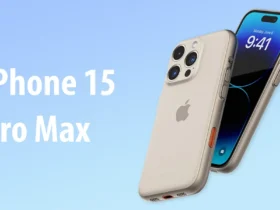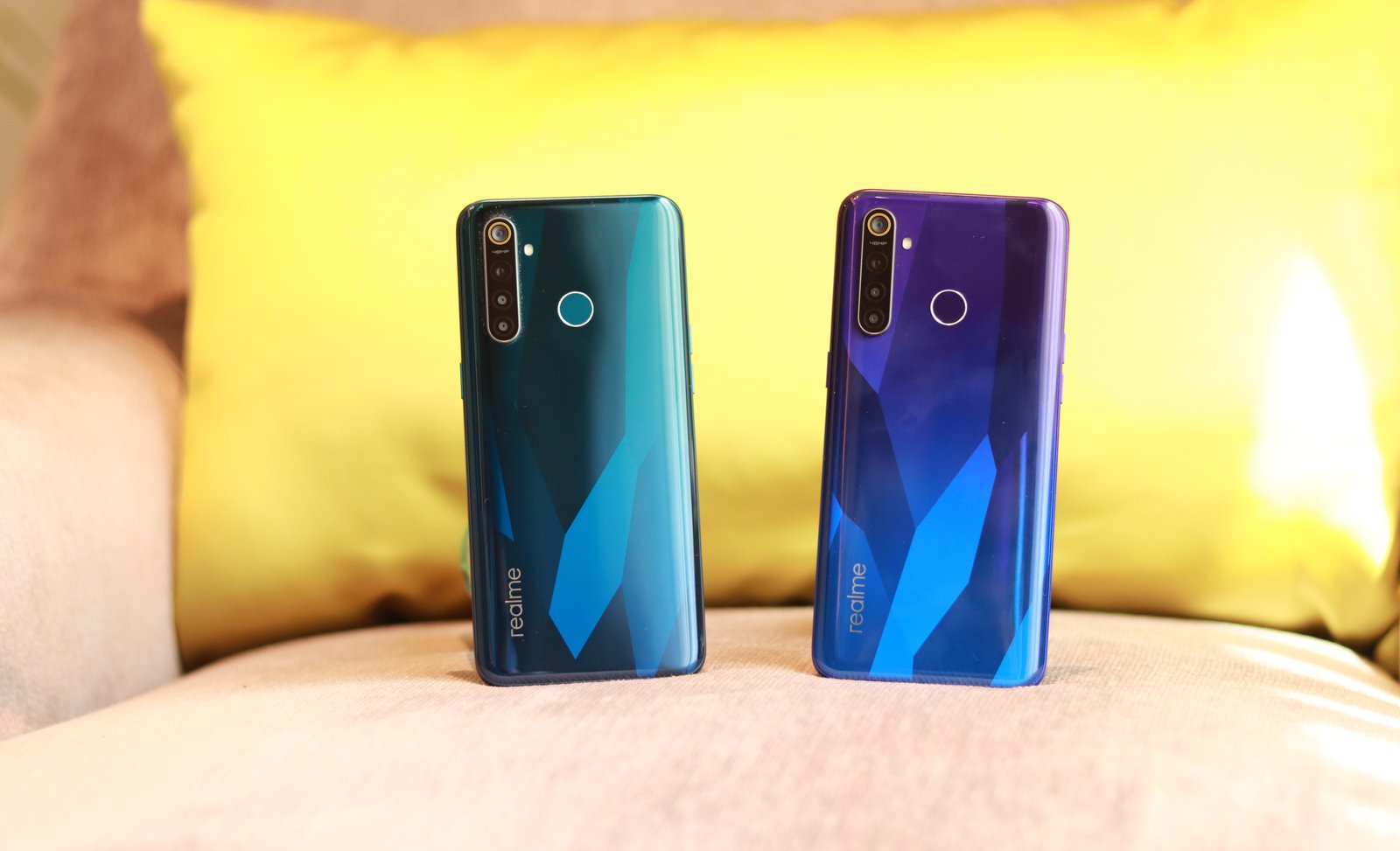I. Введение
Смартфоны iPhone являются одними из самых популярных и функциональных устройств на рынке. Они предлагают широкий спектр возможностей и преимуществ, которые привлекают миллионы пользователей по всему миру. Однако, несмотря на свою популярность, важно помнить, что ни одно устройство не идеально. В данной статье мы рассмотрим некоторые недостатки iPhone, на которые следует обратить внимание перед покупкой.
II. Проблемы с батареей и автономностью
A. Ограниченная емкость батареи может быть одним из наиболее заметных недостатков iPhone. В зависимости от интенсивности использования, батарея может быстро разряжаться, требуя частой подзарядки.
B. Склонность iPhone к быстрому разряду батареи также является проблемой. В сравнении с некоторыми конкурентами, iPhone может требовать более частой зарядки, особенно при активном использовании функций и приложений.
C. Ограниченные возможности замены батареи также следует учитывать. В отличие от некоторых других смартфонов, у iPhone часто требуется обращение в сервисный центр для замены батареи, что может быть неудобным и затратным процессом.
III. Высокая стоимость
A. Цена новых моделей iPhone может быть значительно выше по сравнению с аналогичными моделями других производителей. Это может ограничивать доступность для некоторых покупателей.
B. Ограниченные варианты более доступных моделей также являются недостатком iPhone. В отличие от некоторых конкурентов, у iPhone может быть ограниченное количество моделей в более низком ценовом сегменте, что ограничивает выбор покупателя.
C. Высокая стоимость ремонта и замены компонентов также следует учитывать. Если ваш iPhone нуждается в ремонте или замене компонентов, стоимость таких услуг может быть выше, чем у некоторых аналогичных устройств.
IV. Ограниченные настройки и пользовательский интерфейс
A. Отсутствие возможности полной настройки интерфейса может быть недостатком для некоторых пользователей. В отличие от некоторых других операционных систем, iOS на iPhone ограничивает возможности настройки интерфейса и внешнего вида.
B. Зависимость от экосистемы Apple и ограничения в использовании сторонних приложений могут быть ограничительными факторами для некоторых пользователей. В связи с этим, доступность сторонних приложений и интеграция с ними может быть ограничена на iPhone.
C. Ограниченные возможности пользовательской настройки также следует учитывать. Некоторые пользователи могут искать более гибкие настройки и функциональность, которая может быть ограничена на iPhone.
V. Ограниченные возможности хранения и расширения памяти
A. Ограниченный объем встроенной памяти может быть недостатком для пользователей, которые активно используют свои устройства для хранения медиафайлов, приложений и данных.
B. Отсутствие слота для расширения памяти с помощью карт памяти ограничивает возможности расширения памяти на iPhone. Пользователям приходится полагаться на встроенную память или облачные сервисы для дополнительного хранения данных.
C. Зависимость от облачных сервисов для хранения данных также может быть недостатком для некоторых пользователей. В случае ограниченного доступа к Интернету или проблем с облачными сервисами, доступ к данным и файлам может быть затруднен.
VI. Проблемы с совместимостью и переходом на новые стандарты
A. Изменение разъемов для зарядки и подключения наушников является одним из недостатков iPhone. С каждым новым поколением iPhone, Apple иногда меняет разъемы, что может создавать неудобства для пользователей со старыми аксессуарами и зарядными устройствами.
B. Ограниченная совместимость с устройствами и аксессуарами других производителей может быть недостатком для некоторых пользователей, особенно если они хотят использовать сторонние устройства или аксессуары с iPhone.
C. Необходимость покупки дополнительных адаптеров и переходников для обеспечения совместимости с новыми стандартами может стать недостатком. Это может быть не только дополнительной затратой, но и причиной неудобств при использовании устройства.
VII. Заключение
В заключении следует подвести итог недостатков iPhone. Важно отметить, что оценка недостатков должна учитывать их взаимодействие с преимуществами устройства. Несмотря на некоторые недостатки, iPhone остается популярным и мощным устройством, предлагающим множество возможностей.
Рекомендуется всем потенциальным покупателям внимательно изучать и анализировать недостатки iPhone перед приобретением, чтобы убедиться, что они соответствуют их потребностям и предпочтениям.























ОТВЕТИТЬ